Removing obstacles for the high-tech shrimp farming project
The project covers an area of 418 hectares, located in the coastal area of Hiệp Thành Commune, former Bạc Liêu City, now Hiệp Thành Ward, Cà Mau Province. With a total investment capital of nearly VND 370 billion, this high-tech shrimp farming zone has remained idle for almost eight years since construction began, with no enterprises yet investing in production.
On May 24, 2017, the Prime Minister issued Decision No. 649/QĐ-TTg establishing and promulgating regulations for the Bạc Liêu High-Tech Agricultural Zone for Shrimp Development (hereafter referred to as the Bạc Liêu High-Tech Shrimp Farming Zone), with a total area of 418 hectares at the above location. The project’s objective is to support enterprises in developing high technologies, producing value-added and high-quality products for the shrimp industry, and building high-tech shrimp farming models to be replicated across the province, the Mekong Delta, and the entire country.
In October 2017, the former People’s Committee of Bạc Liêu Province invested VND 175 billion in Phase 1 infrastructure, including roads, water supply and drainage canals, electricity systems, gates, and fencing. In July 2020, the former Ministry of Agriculture and Rural Development invested an additional VND 194 billion in Phase 2 infrastructure, including administration and management offices, laboratories, research and technology transfer centers, centralized wastewater treatment facilities, transportation systems, three production bridges, and the Trường Sơn canal bridge.
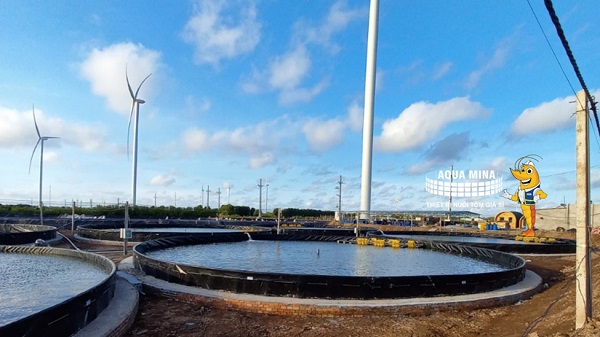
According to Mr. Phạm Hoàng Minh, Director of the Management Board of the Bạc Liêu High-Tech Shrimp Farming Zone, technical infrastructure, administrative and management facilities for both phases have been basically completed. However, no enterprises have yet invested in production, business, or demonstration activities. The latest report from the Department of Agriculture and Environment of Cà Mau Province noted that since 2020, the Management Board had advised the former People’s Committee of Bạc Liêu to select nine projects from nine enterprises (Phase 1) to demonstrate shrimp farming processes, produce probiotics, shrimp broodstock, and feed. Yet, due to the absence of land use right certificates, these enterprises have been unable to proceed with investment implementation.
A critical challenge lies in the fact that the Land Law and related regulations do not clearly specify whether land in the Bạc Liêu High-Tech Shrimp Farming Zone should be classified as agricultural or non-agricultural land. Without this classification, authorities cannot determine land use purposes to include in planning, nor can they lease land or issue land use right certificates. This legal “bottleneck” has stalled the project for nearly eight years.
Leaders of Cà Mau’s departments and agencies believe that to accelerate the project, the Chairman of the Provincial People’s Committee must urgently submit a proposal to the Government and Prime Minister to adjust land use policies. This would pave the way for resolving subsequent issues related to land allocation and certification for enterprises.
Regarding land allocation and procedures, the project was established under Decision No. 649/QĐ-TTg dated May 24, 2017. However, under the 2013 Land Law, only economic zones, industrial zones, and high-tech zones are recognized, with high-tech zones classified as non-agricultural land. In contrast, the land in this case is agricultural, creating a legal contradiction. Thus, provincial agencies continue to propose that the Provincial People’s Committee of Cà Mau request the Ministry of Agriculture and Environment and the Government for further guidance and resolution.
At a recent working session, provincial departments and agencies analyzed the causes and proposed solutions to create favorable conditions for the Bạc Liêu High-Tech Shrimp Farming Zone. Vice Chairman of the Cà Mau Provincial People’s Committee, Mr. Lê Văn Sử, emphasized that the project was expected by both central and provincial authorities to become the “locomotive” driving Bạc Liêu (now part of Cà Mau Province) toward becoming the country’s “shrimp capital.” The project also aims to promote innovation and the application of high-tech shrimp farming not only locally but also throughout the Mekong Delta and Vietnam as a whole.
Moreover, the zone is seen as an important hub to attract investment in high-tech shrimp farming and related industries, laying the groundwork for nationwide replication. However, due to both objective and subjective reasons, the project continues to face prolonged challenges, causing significant waste.
Mr. Lê Văn Sử recommended that the Management Board of the Bạc Liêu High-Tech Shrimp Farming Zone urgently reorganize its organizational structure, define work positions in accordance with new regulations, and prepare a detailed activity plan for each task until the end of 2025. On this basis, the Management Board must proactively coordinate with relevant departments before submitting proposals to the Provincial People’s Committee for approval, so that the project can soon be put into operation and generate sustainable economic efficiency.
Source: Nhân Dân Newspaper
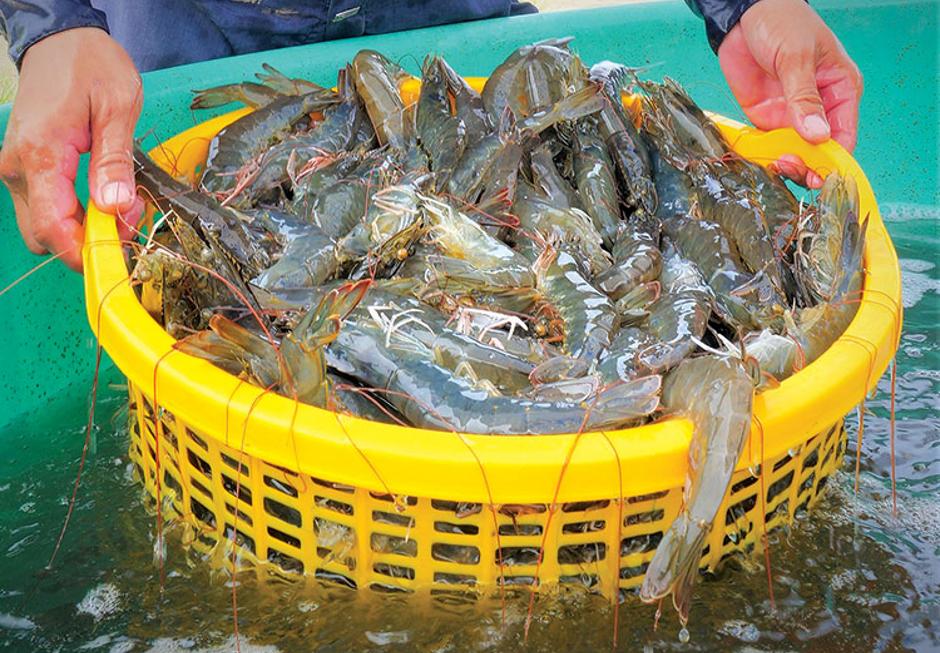
Aqua Mina: 10 Years Alongside Vietnam’s Shrimp Farmers — Leading the Turbo Blower Trend in 2026
Double duties, tightening rules: a critical test for shrimp exports
The EU tightens regulations on frozen tuna intended for direct consumption starting in 2026
Vietnamese shrimp and catfish choose a sustainable path in global competition








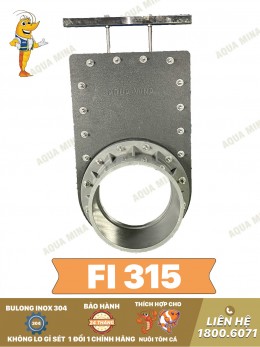
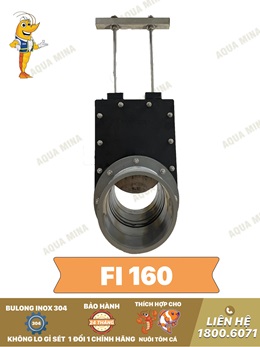
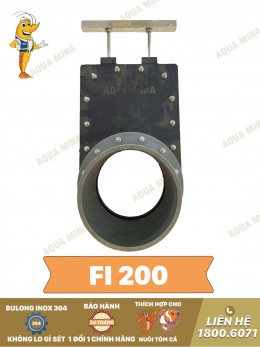
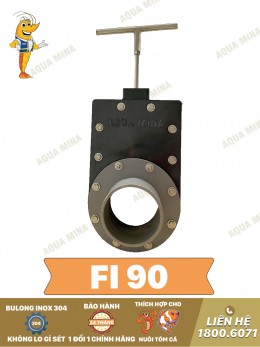
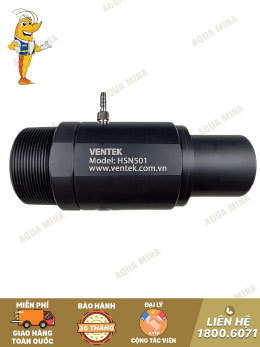
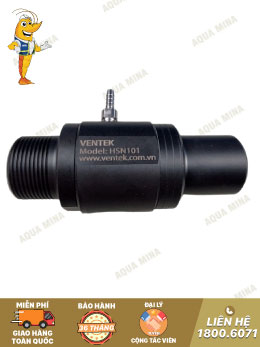
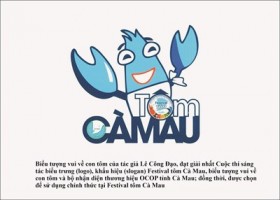
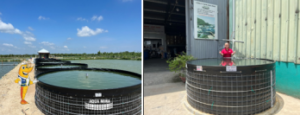
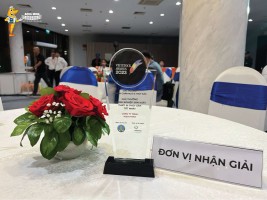
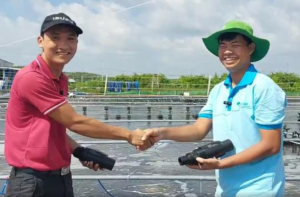
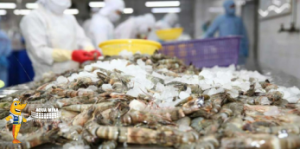
.jpg)